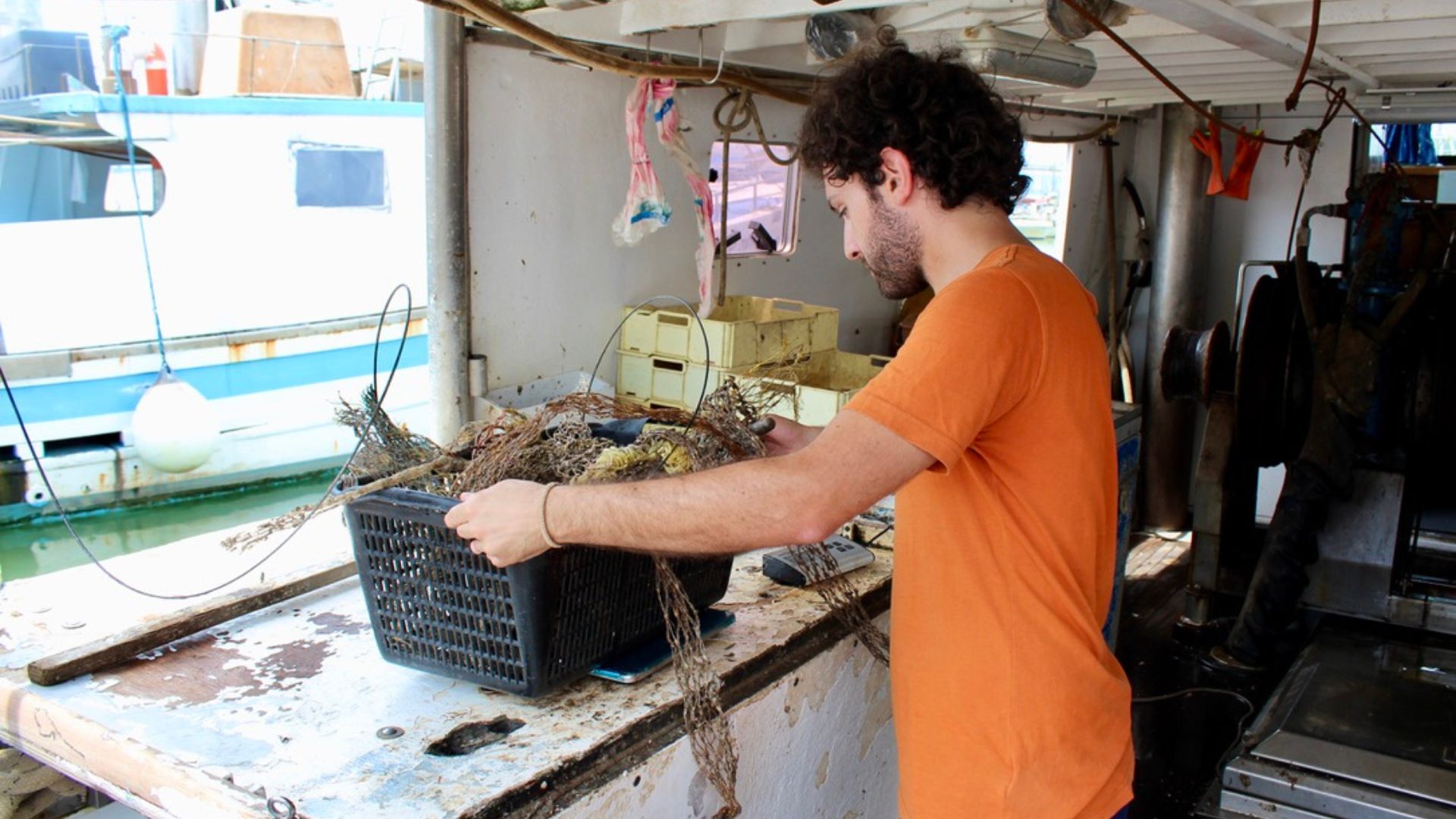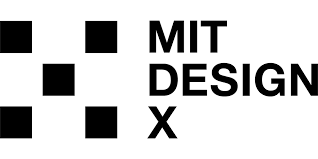Fishing for Litter consists of fishing and collecting litter found in the sea. According to a report by the Ellen McArtur Foundation, by 2050 our seas are likely to contain more plastic than fish. According to research conducted by ISPRA to estimate the state of the Mediterranean Sea, it was found that the Adriatic Sea is the most polluted subregion (590 items/100 m), followed by the Western Mediterranean Sea (491 items/100 m) and the Ionian and Central Mediterranean Sea subregion (274 items/100 m). As a Greenpeace study testifies, the beaches of the Adriatic Sea are characterized by a high presence of waste related to aquaculture and fishing.
Sea the Change runs, with the collaboration of Cetacea Foundation, a Fishing for Litter project that directly involves fishermen in Romagna. These are actively combating pollution of the sea through special boat trips where waste is collected with special nets. The collected waste is weighed, cataloged, and disposed of according to current regulations.
With the data collected, it is possible to contribute to scientific research regarding the health of the marine ecosystem and the Adriatic Sea in particular. Fishing for Litter operations also allow local fishermen to generate a new source of income to make them active and essential participants in the achievement of sustainable development goals and the realization of the ecological transition.
Net-Reborn is the result of another collaboration with Cetacea Foundation that aims to provide fishermen with the tools they need to reduce the impact of their activities and become sentinels of protection of the seas. Net-Reborn involves the company's “adoption” of one or more local fishermen's cooperatives.
In the first year, this alliance takes concrete form with a program to replace Styrofoam boxes used for fishing with durable plastic boxes branded by the partner company, a training program to discourage the use of single-use plastic, and the monitoring and reporting on plastic spared.
In the second year, the plan is enhanced with the introduction of customized bins in the cooperatives for the collection of damaged nets. To further support the project, it is possible to contribute by funding the application of sensors on fishermen's boats for marine monitoring, to which further training regarding Turtle Excluder Device (TED) technology, or “nets that save turtles,” can be added.
These activities are a strong tool to raise awareness of the importance of addressing pollution of the seas, not only globally but especially at the local level, and to help combat the spread of microplastics.









